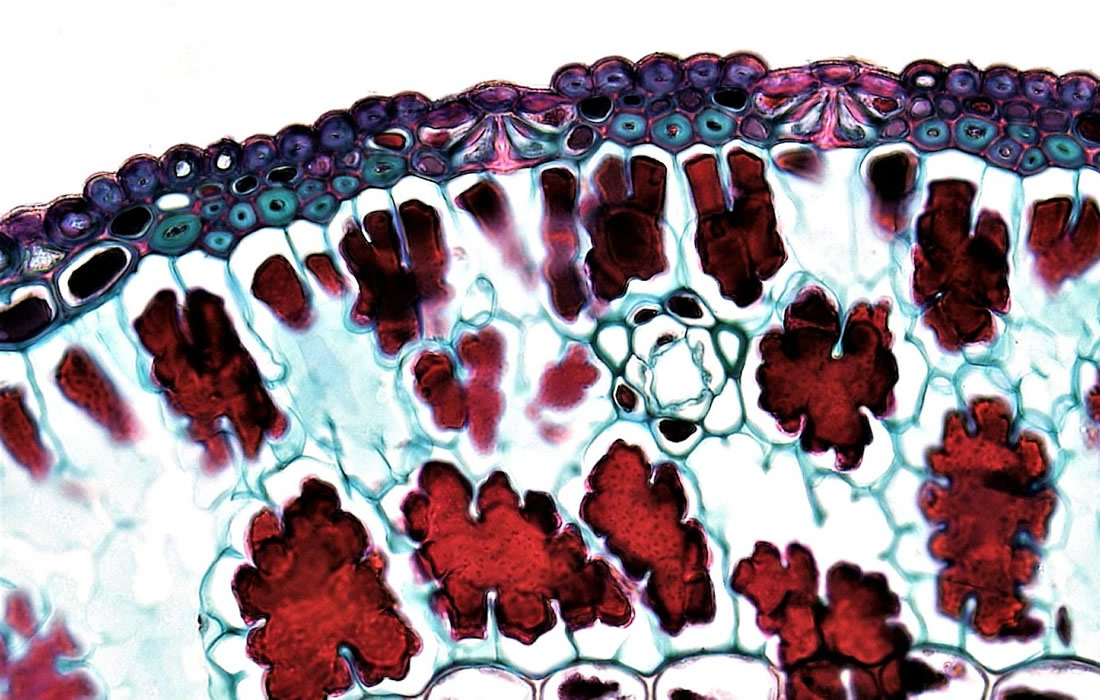The use of the antipsychotic drugs quetiapine and haloperidolis associated with an increased risk of ventricular arrhythmias and sudden cardiac death (SCD) caused by drug-induced QT prolongation, reports a new study in Heart Rhythm, the official journal of the Heart Rhythm Society, the Cardiac Electrophysiology Society, and the Pediatric & Congenital Electrophysiology Society, published by […]
Category Archives: Regenerative Medicine News and General Information
Researchers at the Icahn School of Medicine at Mount Sinai have gained a deeper understanding of the nuanced roles of JAK inhibitors, or modulators, in inflammation across various cell types and tissues. JAK1 is a key protein in the body that supports cell communication and controls the immune system. It is part of a group […]
Researchers at Nagoya University’s Graduate School of Bioagricultural Sciences and the National Institute of Physiological Sciences in Japan have demonstrated how a specific type of neuron in the brain affects the release of hormones that control ovarian function, such as follicular development and ovulation in females. Kisspeptin neurons in the brain regulate the release of […]
In people with amyotrophic lateral sclerosis (ALS), changes in neurons appear to activate immune cells. Lowering the inflammation could reduce the symptoms of the disease, according to a study led by Chantelle Sephton, a professor at Université Laval’s Faculty of Medicine. ALS is caused by the loss of upper motor neurons, located in the brain, […]
Scientists from Scripps Research have developed a new method to examine how proteins interact with drug-like small molecules in human cells — revealing critical information about how to potentially target them therapeutically. The strategy uses a combination of chemistry and analytical techniques to reveal the specific places where proteins and small molecules bind together. The […]
Respiratory syncytial virus (RSV), a common infection in children and senior adults, can also infect nerve cells and trigger inflammation leading to nerve damage, according to a new Tulane University study. RSV can cause mild symptoms such as coughing, sneezing and fever or lead to more severe conditions such as pneumonia or bronchiolitis. But since […]
Soy compounds called isoflavones are among the plant-derived compounds that may significantly reduce the risk of breast cancer recurrence or death, according to a new meta-analysis co-directed by investigators from the Johns Hopkins Kimmel Cancer Center. The results were published in the journal JNCI Cancer Spectrum. Investigators in Australia, Denmark, England, Norway and the U.S. […]
A new study, led by experts at the University of Nottingham found that the risk of stomach bleeding caused by using aspirin long-term, can be reduced with a short course of antibiotics, potentially improving the safety of aspirin when used to prevent heart attacks, strokes and possibly some cancers. Aspirin in low doses is a […]
A new study has shown that women who are taking the oral contraceptive pill are less likely to report depression. The research, which analyzed data from 6,239 women in the United States aged 18-55 years old, found that the prevalence of major depression amongst users of the oral contraceptive pill (OCP) was significantly lower, at […]
Chronic exposure to arsenic, often through contaminated groundwater, has been associated with Type 2 diabetes in humans, and there are new clues that males may be more susceptible to the disease when exposed. A new Cornell University study — using lab mice genetically modified with a human gene to shed light on the potential link […]










